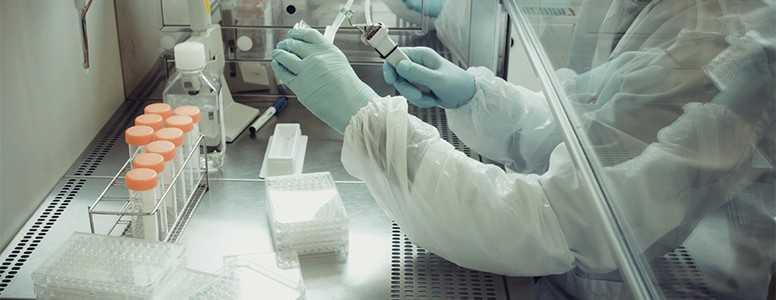Researchers believe they have found a way to “put a brake” on the immune system attacking itself in autoimmune conditions such as type 1 diabetes.
In autoimmune diseases the body mistakenly attacks itself, but this new research could indicate a way to prevent that from happening. The study team added though that any potential treatment would be a “long way off”.
Using giant and powerful microscopes, a team from the University of Leeds and University of Pennsylvania, discovered an internal regulator which is responsible for controlling the body’s reaction when fighting infections.
The regulator’s structure was uncovered and shown to be made up of two proteins named BRISC and SHMT2, and the researchers believe they recognise how the proteins combine to work together within the cell: the proteins increase the immune response when an invading pathogen is detected.
The team speculate that this finding could one day lead to an effective treatment for autoimmune diseases including lupus and scleroderma.
Lead author Dr Elton Zeqiraj from the University of Leeds said: “We want to put a brake on the body’s own immune system to stop it turning on itself.
“Our discovery has the potential to help us find a new drug to target this regulator, to suppress the immune system and stop the body destroying its own cells, even when there is no infection present.”
On the back of the findings, the team believe they may be able to create genetically engineered versions of the proteins and then work out the processes which take place within the cells, which they describe as complex.
“We’re a long way off being able to find a new effective treatment for autoimmune disease, but we’re excited because this discovery could open the door to a new class of drugs,” added Dr Zeqiraj.
“The next step is to find a way of targeting this protein to inhibit the process, to prevent our immune system from attacking healthy cells.”
The study was published in the journal Nature.







